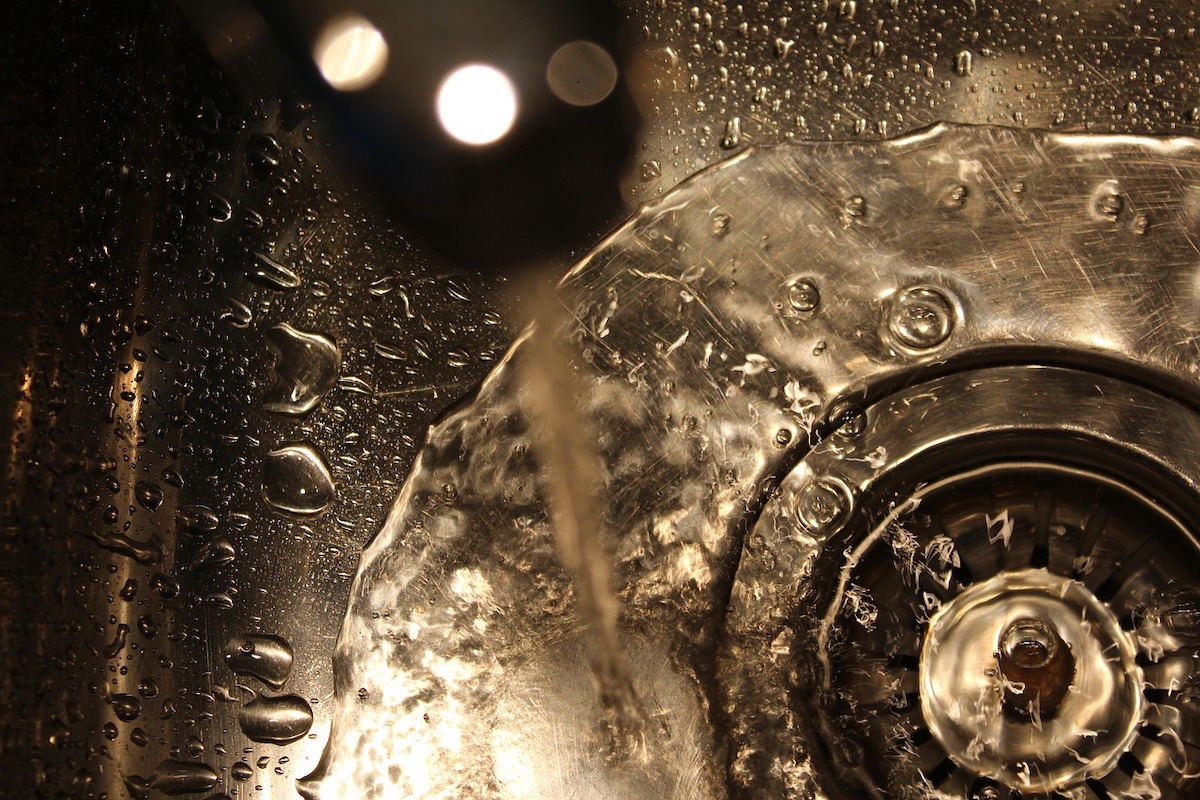
If you are discovering your bathtubs or sinks are draining slowly, or when you notice a strange gurgling noise coming out of your bathroom, it might indicate that your sewer lines are inhabited by tree roots. A small root invasion will only frighten you, but if left untreated, this issue can cost you tens of thousands.
Tree Roots are Attracted for Your Sewer Lines
Believe it or not, regardless of all of the unsightly items which traveling via your sewer lines, tree roots are obviously attracted to them. Your pipes are full of oxygen, water, and all types of nutrients, so they are prime property to get a tree seeking to plant its origins.
Ordinarily, a loose or crack combined in a pipe enables steam to escape cool soil. The shrub roots grow towards this in search of nutrients and moisture, forcing their way into the cracks of the pipe and making their residence there. They will continue growing, sometimes, until they have filled the whole pipe. The origins produce a kind of net that can capture anything you send down the line to make annoying clog which will impede your drainage system down way. When the roots are permitted to keep on growing, they could apply enough pressure to fall your sewer pipes, leading to exceptionally costly damage.
Luckily, there are ways to take care of yourself until they get completely out of control. Get them under control without the support of a skilled blocked drain plumber and with little without pipes knowledge. There are a few easy and affordable choices available to you if you choose to handle this issue all on your own.

Rock Salt May Kill Roots by Drying Them Outside
The first technique is to pour salt chloride or aluminum sulfate, or stone salt, in your bathroom. Put a half pound of this salt in your bathroom and flush as many times as you want to wash out the bowland repeat this procedure until you’ve flushed 2 lbs of salt in your plumbing. Allow the chemical to work its own magic for 8 to 12 hours, preventing flushing your bathroom or running some other water which will drain to your pipe that is affected.
Not only can it be toxic to plants, but the salt chemical functions as a highly-effective sponge, sucking moisture from the roots so that they are not able to flourish. Doing so two or three times each month can keep your pipes clean of roots.
Nevertheless , it’s likely to finally kill the whole tree and surrounding crops using rock salt, therefore use caution in case that is not something that you wish to achieve.
Foaming Root Killers Can Avert Root Regrowth
Another DIY choice is to utilize a foaming root killer, which can be easier in your plumbing and really helps prevent root recurrence. Root killers include a herbicide that kills shrub roots upon touch and then leaves a residue which will discourage any tree roots in your drains. If you catch the issue early, you need to have the ability to pour the main killer straight in your bathroom, after the item’s directions carefully. If you repeat this procedure a few times per year, you likely won’t have any more problem with origins on your sewer line.
You Can Prevent the Problem Before it Begins
While the above mentioned ways of clearing out origins on your sewer lines are affordable compared to phoning a professional support to do it to you, preventing the issue from occurring is obviously the least expensive path that is available to you.
If you are considering planting anything
It may indicate that you will not have the ability to plant that amazing shade tree directly where you need it, however it will imply that you are not as likely to need to spend tens of thousands and tens of thousands of bucks on pipe replacements.





